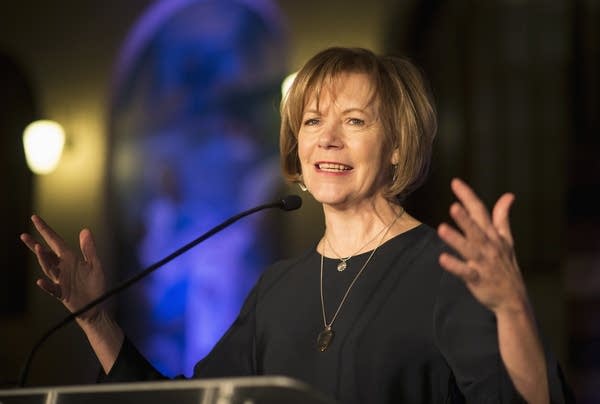Lt. Gov. Smith to lead trade trip to Cuba

Minnesota Democratic Lt. Gov. Tina Smith is leading a trip to Cuba.
Aaron Lavinsky | Star Tribune via AP 2015
Go Deeper.
Create an account or log in to save stories.
Like this?
Thanks for liking this story! We have added it to a list of your favorite stories.


